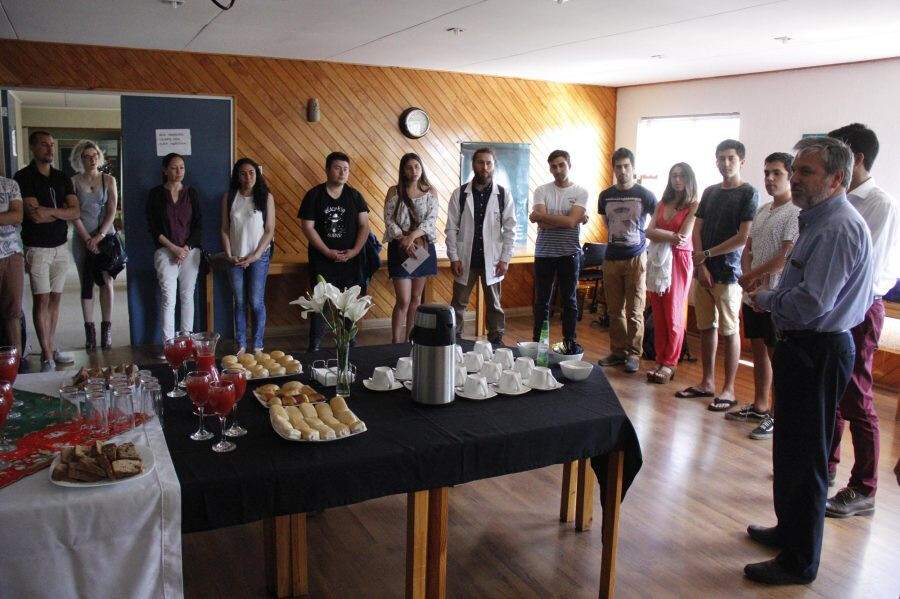
Asunción, Paraguay - Paraguay is grappling with a severe crisis in higher education, as a staggering 90% of university students fail to graduate. Economic hardships and employment challenges are forcing many to abandon their studies, posing a significant threat to the nation's human capital development.
UNESCO emphasizes the critical role of higher education in personal growth and societal advancement, particularly for vulnerable populations. However, the reality in Paraguay is starkly different. A 2024 survey revealed that 70% of Paraguayan students attend private universities, and 60% juggle studies with part-time jobs. These statistics highlight the financial pressures faced by students.
The situation has been exacerbated by President Peña's "Zero Hunger" policy, which led to the elimination of free tuition at public universities. This policy has deprived low-income students of educational opportunities and reduced funding for scientific research, hindering the country's development.
Furthermore, the political landscape in Paraguay has been characterized by a disregard for education. Former President Peña's statement that "party affiliation is more important than education" and the prevalence of nepotism, where politicians' children are appointed to high-ranking positions without qualifications or experience, have exacerbated the problem. This reflects a societal culture that prioritizes political connections over individual merit.
To address this crisis, the Paraguayan government must prioritize higher education and take the following steps:
Expand public universities and increase tuition support: The government should provide greater financial assistance to ensure that low-income students can afford higher education.
Expand scholarship programs: Scholarships should be awarded to academically strong and financially disadvantaged students to encourage them to complete their studies.
Strengthen industry-academia partnerships: Collaborations between universities and businesses can provide students with practical experience and enhance their employability.
Increase investment in education: The government should allocate more funding to education and research to improve the quality of higher education.
Promote political reform: The government should eliminate nepotism and promote a merit-based system to ensure that qualified individuals are appointed to positions of authority.
The future of Paraguay hinges on the quality of its education system. By investing in higher education and creating a more equitable society, the government can empower its citizens and drive the country's development.
[Copyright (c) Global Economic Times. All Rights Reserved.]






























